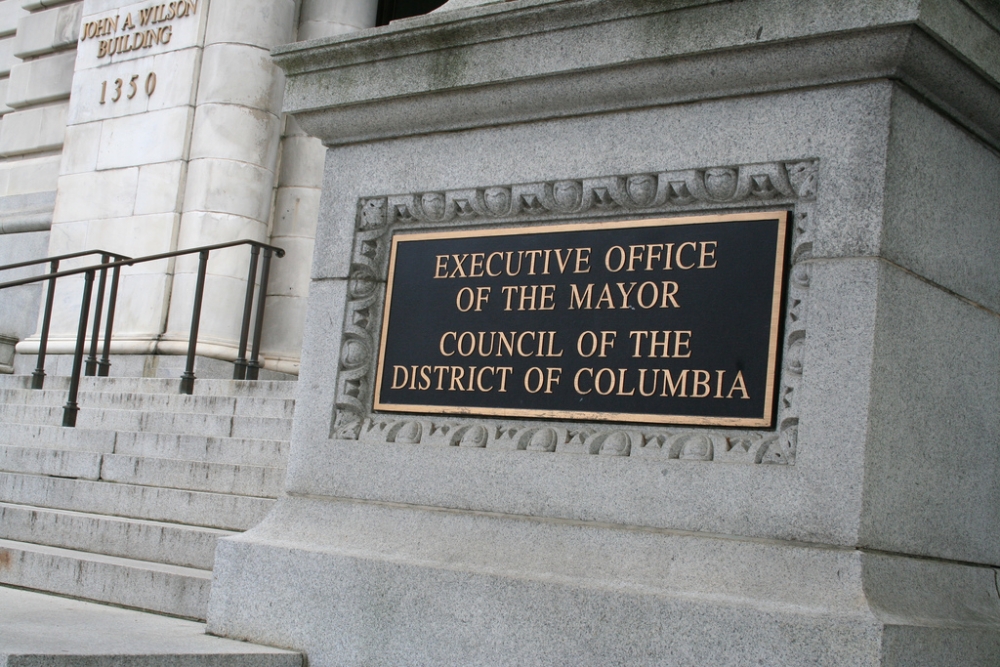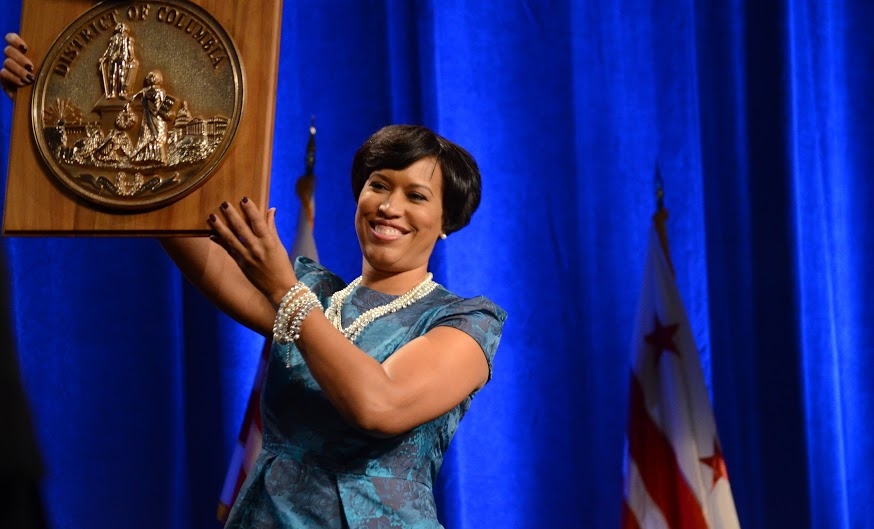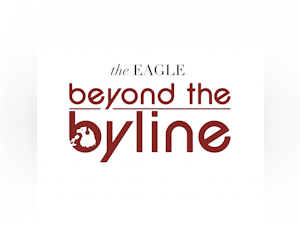From: District Wire
Get to know D.C. Government: Executive Office of the Mayor

The D.C. government is housed in John A. Wilson Building (rachaelvoorhees/flickr).
This is part of a series of explainers about local D.C. government and politics by District Wire. Next up is the city’s executive office, the mayor. Read DW’s previous explainer on D.C.’s legislative body, the D.C. Council, here.
How is D.C.’s mayor elected?
Every four years there is a citywide election, where registered D.C. voters elect the mayor along with some councilmembers and other city officials. Historically, winning the Democratic primary is tantamount to winning the mayorship, as the overwhelmingly Democratic city has only elected its own to the executive office.
However, the mayor wasn’t always chosen by the residents. Since the official founding of the city in 1801, the setup of D.C.’s local government has changed a handful of times. At various points in the 18th and 19th centuries, the mayor was either chosen by the President, a city council or popular vote. D.C. residents got the right to elect their own mayor and D.C. Council in 1974, when Congress’ Home Rule Act allowed the city a locally elected 13-member council and mayor.
Are there terms limits?
Nope. Marion Barry served three consecutive terms through the 70s and 80s, and was elected for one later term in the late 90s despite being arrested for cocaine possession.
Each term lasts four years.
What does the mayor do?
The mayor is the chief executive officer of D.C. government, according to the D.C. Code. In other words, the mayor enforces city laws, supervises agencies and appoints executive branch officers like deputy mayors and the City Administrator, who is in charge of day-to-day government operations. D.C. Public Schools are also under mayoral control, rather than a board of education.
The mayor also oversees the city’s budget, which funds the government, services, agencies, departments, and includes any other spending for the fiscal year. The mayor’s office presents a budget to the D.C. Council in the spring for it to hold debates and hearings on. The Council’s committees will mark up the budget bill, approve it and then send it back to the mayor for approval or veto.
The mayor can also:
-
Approve or veto bills passed by the D.C. Council
-
Present legislation to the D.C. Council
-
Create executive orders
Muriel E. Bowser holds the seal of the District of Columbia after being sworn in mayor on Jan. 2, 2015 (Cuneyt Dil/The Eagle).
Who is the current mayor?
Muriel E. Bowser (D) is the current D.C. mayor. She was elected on Nov. 4, 2014 with 55 percent of the vote and was inaugurated on Jan. 2. Read more about her here.
Who was mayor before Bowser?
Vincent C. Gray was the mayor before Bowser, serving from 2011-2014. Gray campaigned under the slogan “One City,” promising to bring equal opportunity to all residents of the city. His landmark achievement will likely be known as signing off on the to-be-built D.C. United soccer stadium in one of his last acts as mayor. His tenure, however, was marred from the start by a still-ongoing federal investigation into allegations of campaign corruption. Although he denied the allegations and has not been convicted, the negative news played a role in him losing his reelection bid.
@cuneytdil - cdil@theeagleonline.com




